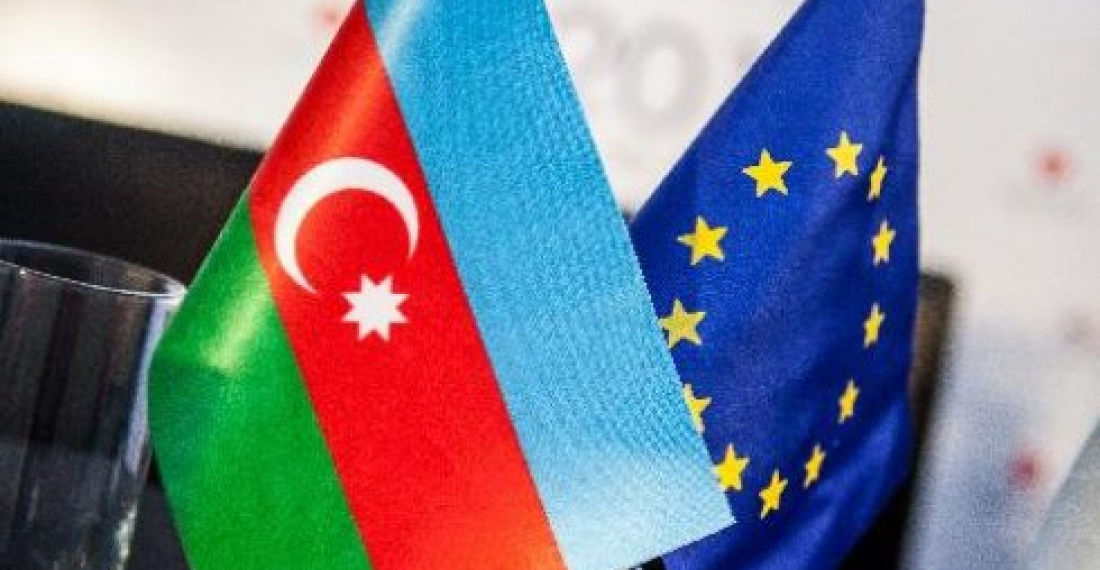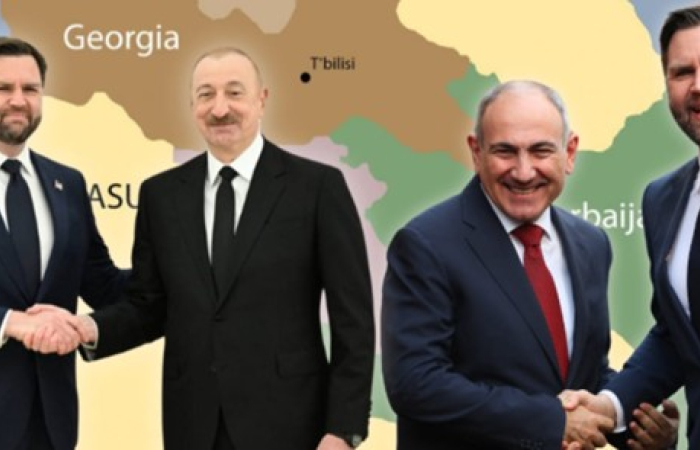Azerbaijani President Ilham Aliev will visit Brussels on Monday (6 February) for what are considered to be important talks that will likely define EU-Azerbaijan relations for the next decade.
President Aliev is expected to have a breakfast meeting with EU High Representative, Federica Morgherini, and later meet with the President of the European Parliament. The President is also expected to have a meeting with the President of the European Council, Donald Tusk shortly after mid-day.
Commonspace.eu political editor said in a comment that the visit of the Azerbaijani President is expected to open a new chapter in EU - Azerbaijan relations. "Relations between the European Union and Azerbaijan have been ongoing for over two decades, but have in recent years lost their momentum. The two sides were caught in arguments about a number of issues ranging from human rights to approaches to the resolution of the Karabakh conflict. But this notwithstanding, there was always on both sides a will to try to take the relations forward. The visit indicates that now there is enough common ground to move forward, and the results of the visit will likely define relations between the EU and Azerbaijan for the next decade."
Commonspace.eu will run a live blog during the visit of President Ilham Aliev to Brussels starting at 08.00 Brussels time (11.00 in Baku) on Monday 6 February with news and analysis by our team of correspondents and contributors in Brussels and Baku







